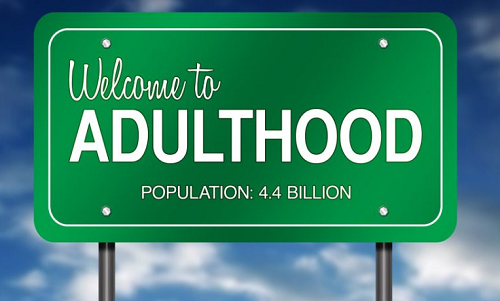Unit 8: Puberty: Maturing into Adulthood
Unit 8: Puberty: Maturing into Adulthood

Unit 8: Puberty: Maturing into Adulthood

Unit 8: Puberty: Maturing into Adulthood
This unit gives details about the changes boys and girls go through in puberty. The unit also provides insights into the emotional changes that are associated with puberty.
Throughout history there have been biological benchmarks of maturity. For example, puberty has often been used as the transition point into adulthood. As societal needs have changed, so too have definitions of maturity. For example, in 13th century England, when feudal concerns were paramount, the age of majority was raised from 15 to 21 years, citing the strength needed to bear the weight of protective armor and the greater skill required for fighting on horseback [8]. More recently, in the United States the legal drinking age has been raised to 21, whereas the voting age has been reduced to 18 years so as to create parity with conscription [9]. Similarly, the minimum age to be elected varies by office in the U.S.: 25 years for the House of Representatives, 30 years for the Senate, and 35 years for President. However, individuals as young as 16 can be elected Mayor in some municipalities. The variation evident in age-based definitions of maturity illustrates that most are developmentally arbitrary [9]. Nonetheless, having achieved the legal age to participate in a given activity (e.g., driving, voting, marrying) often comes to be taken as synonymous with the developmental maturity required for it.
Age-based policies are not exceptional; policies are frequently enacted in the face of contradictory or nonexistent empirical support [10]. Although neuroscience has been called upon to determine adulthood, there is little empirical evidence to support age 18, the current legal age of majority, as an accurate marker of adult capacities. Less clear is whether neuroimaging, at present, helps to inform age-based determinations of maturity. If so, can generic guidelines be established, or is individual variation so great as to preclude establishing a biological benchmark for adult-like maturity of judgment?
Unit Focus
- definition of puberty
- physical changes males and females experience during puberty
- effects of puberty on a person’s emotional and social growth
Vocabulary
Lesson Reading
Videos and Interactives (Click on Images to View Content)

